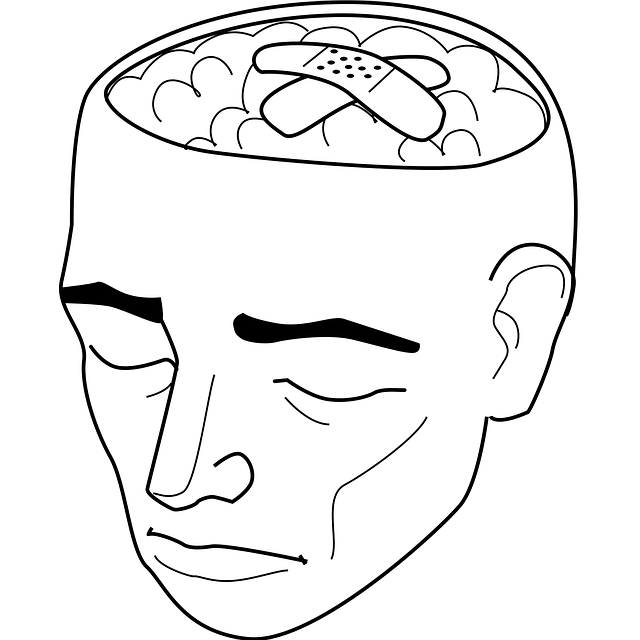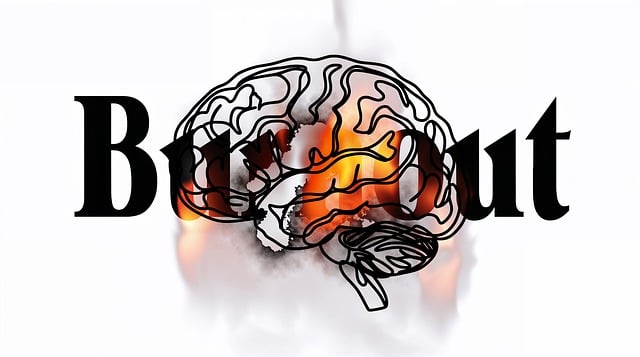In Boulder, Colorado, where bipolar disorder is prevalent, understanding local needs is key for effective mental health outreach like Boulder Bipolar Disorder Therapy. Professionals integrate emotional intelligence and cultural sensitivity to design personalized programs, focusing on stigma reduction, accessible care, and community connections. By leveraging support groups, events, and digital platforms, the program reaches diverse demographics through tailored resources in multiple languages. Partnerships with local organizations enhance resource sharing and expertise, while measurable impact evaluation ensures continuous improvement based on feedback and data.
Community outreach programs play a pivotal role in addressing mental health disparities, especially in areas like Boulder where bipolar disorder is prevalent. This article explores strategies for enhancing access to Boulder Bipolar Disorder Therapy through targeted initiatives. We delve into understanding community needs, designing effective outreach strategies, fostering partnerships with local organizations, and measuring impact to ensure continuous improvement in Boulder Bipolar Disorder Therapy services and community outcomes.
- Understanding Community Needs: Identifying Gaps in Mental Health Support
- Designing Effective Outreach Strategies for Boulder Bipolar Disorder Therapy
- Building Partnerships and Collaborating with Local Organizations
- Measuring Impact and Evaluating Success: Continuous Improvement for Better Community Outcomes
Understanding Community Needs: Identifying Gaps in Mental Health Support

In any community, understanding local needs is a foundational step for effective outreach programs, especially when addressing mental health concerns. In Boulder, Colorado, where bipolar disorder and other mental health challenges are not uncommon, it’s crucial to identify gaps in support systems. For instance, while there might be abundant resources for anxiety or depression, specific needs like Boulder Bipolar Disorder Therapy could be underserved. This realization prompts a reevaluation of current outreach strategies, ensuring that services cater to the unique requirements of the population.
Community mental health professionals play a pivotal role in this process by conducting thorough risk assessments and integrating emotional intelligence and self-awareness exercises into their practices. By understanding the nuances of local struggles, they can design tailored programs that resonate with individuals facing bipolar disorder or similar conditions. This personalized approach not only enhances the accessibility of care but also fosters deeper connections within the community.
Designing Effective Outreach Strategies for Boulder Bipolar Disorder Therapy

Designing effective outreach strategies for Boulder Bipolar Disorder Therapy requires a nuanced understanding of the community’s unique needs and challenges. It’s essential to engage in Mental Illness Stigma Reduction Efforts, as stigma often prevents individuals from seeking help. By utilizing various channels such as local support groups, community events, and digital platforms, the program can increase visibility and accessibility. Tailoring the outreach to resonate with diverse demographics is crucial; this might involve incorporating cultural sensitivity, offering personalized resources, and providing information in multiple languages to ensure inclusivity.
Focusing on Resilience Building is another critical aspect. Programs can design workshops and seminars that empower individuals with coping mechanisms and strategies to manage bipolar disorder symptoms. Social Skills Training is also beneficial, as it fosters connections and supports peer-to-peer support networks within the community. These initiatives not only enhance the understanding of bipolar disorder but also create a supportive environment where those affected feel comfortable seeking and maintaining therapy.
Building Partnerships and Collaborating with Local Organizations

Building strong partnerships with local organizations is a key aspect of successful community outreach for programs like Boulder Bipolar Disorder Therapy. By collaborating with schools, community centers, and other mental health providers, we can create a network that better serves the needs of our diverse population. These partnerships enable us to share resources, expertise, and best practices, ultimately enhancing the reach and impact of our initiatives.
Effective communication strategies and healthcare provider cultural competency training are essential tools in this process. By fostering open dialogue and understanding the unique cultural contexts within which individuals live, we can ensure that our outreach efforts resonate with those we aim to serve. This includes employing Emotional Well-being Promotion Techniques tailored to diverse communities, ensuring everyone has access to quality mental health support, regardless of their background or location.
Measuring Impact and Evaluating Success: Continuous Improvement for Better Community Outcomes

Measuring the impact of community outreach programs is paramount to their success and long-term sustainability. By implementing robust evaluation strategies, organizations can assess the effectiveness of their initiatives in fostering mental wellness and promoting public awareness campaigns development. This includes tracking key performance indicators (KPIs) such as the number of individuals reached, changes in behavioral outcomes, and improvements in community resilience. For instance, a program focused on Boulder Bipolar Disorder Therapy might measure the reduction in emergency room visits related to mental health crises among targeted communities over time.
Continuous improvement is achieved through iterative feedback loops that leverage both quantitative data (e.g., survey responses) and qualitative insights (e.g., stakeholder interviews). Adhering to Mind Over Matter principles, these evaluations allow for adjustments to program design, ensuring interventions remain relevant, engaging, and aligned with the evolving needs of the community. Ultimately, this iterative approach facilitates better community outcomes by fostering a culture where mental wellness is prioritized and supported at every level.
Implementing community outreach programs, such as those focused on addressing Boulder Bipolar Disorder Therapy needs, requires a multifaceted approach. By understanding community gaps in mental health support, designing targeted strategies, building partnerships, and continuously evaluating success, we can create impactful initiatives that enhance well-being. These efforts not only improve access to resources but also foster a more resilient and connected community.














